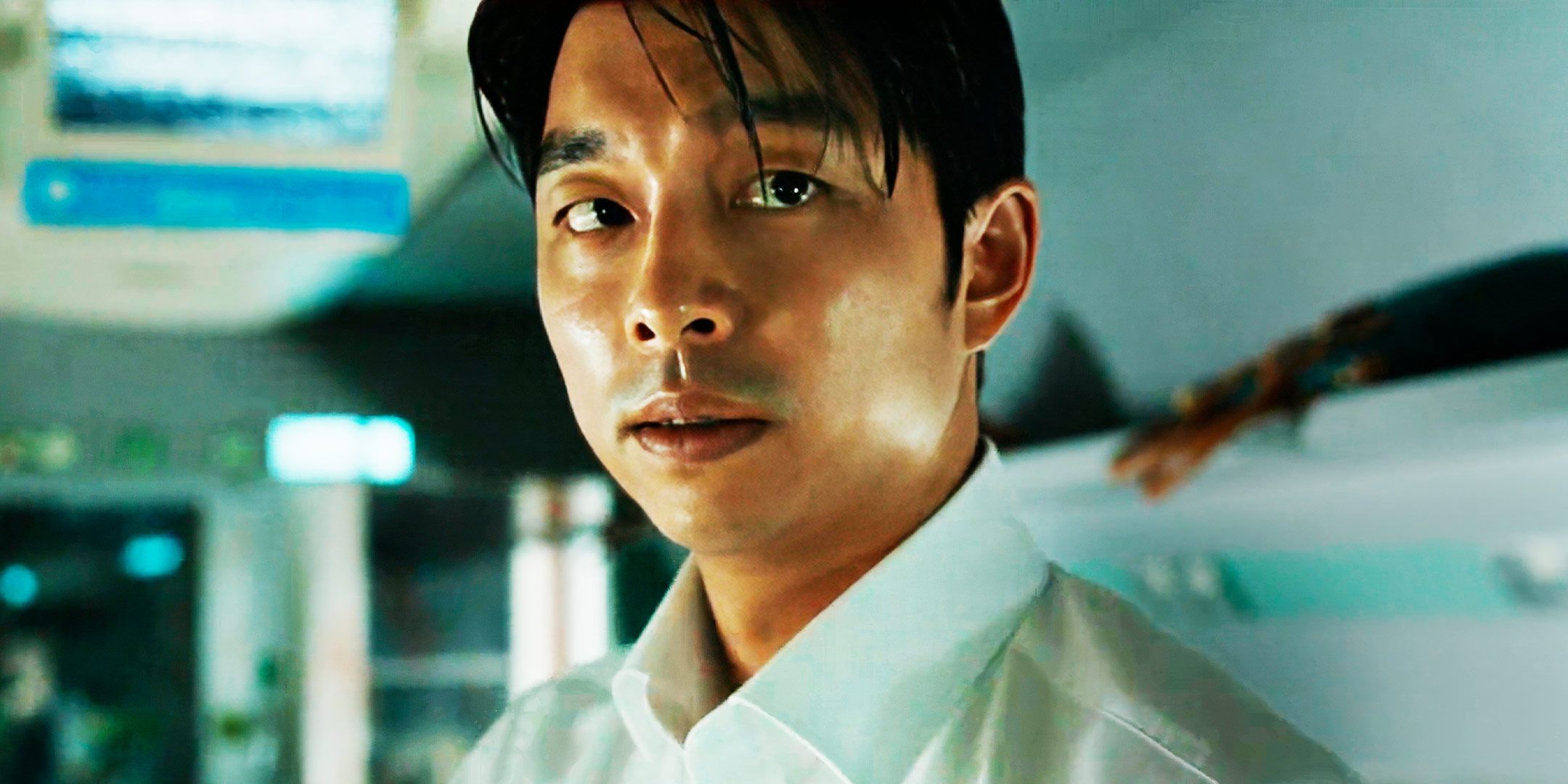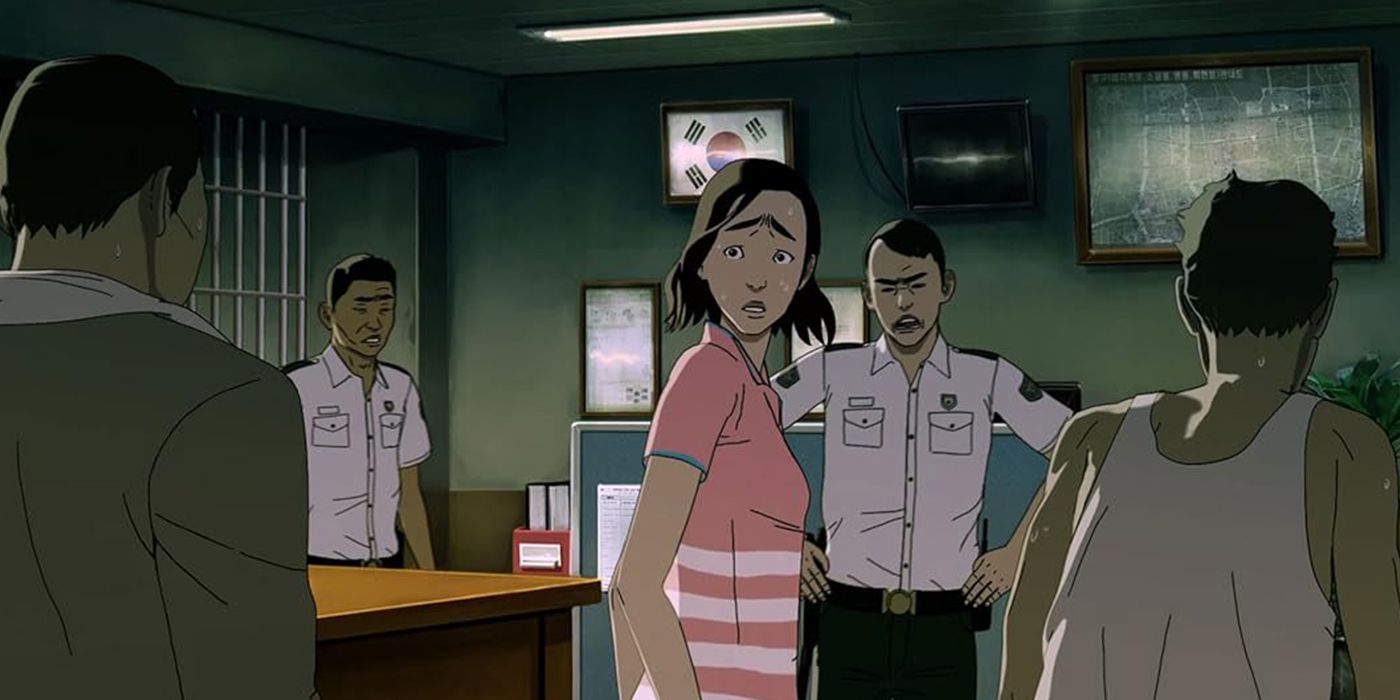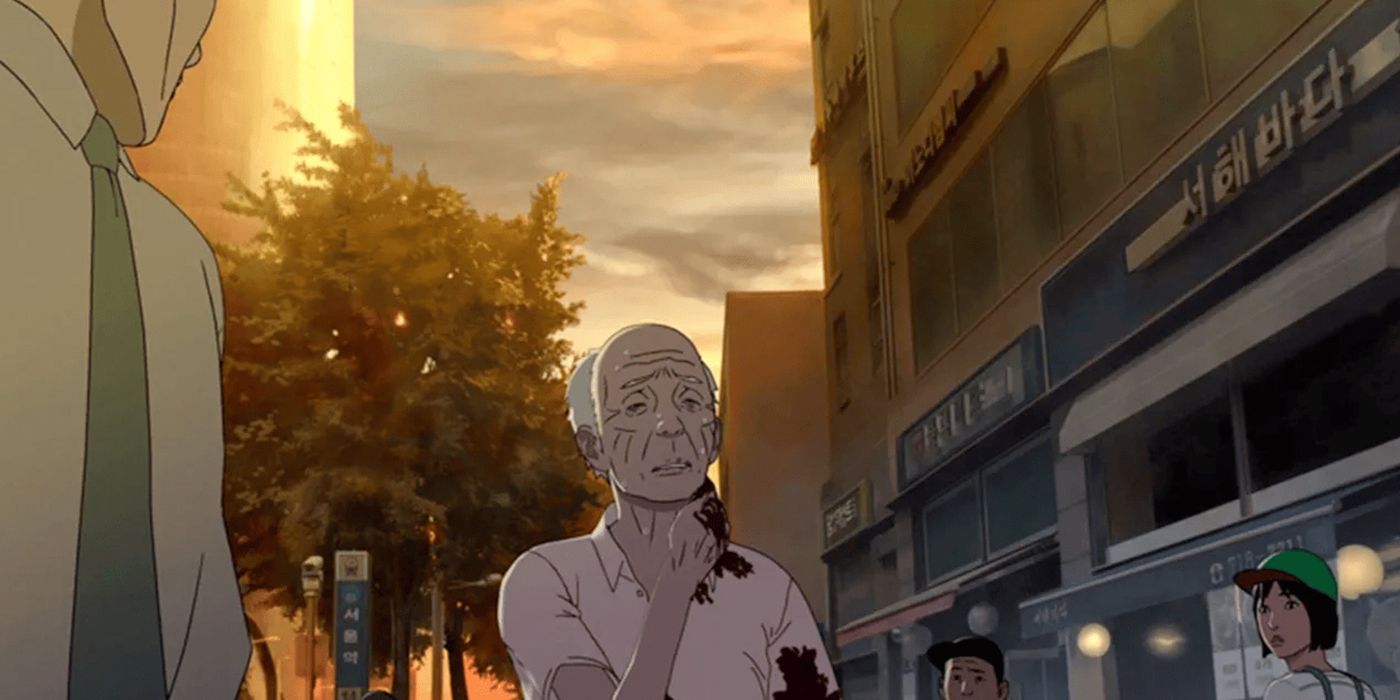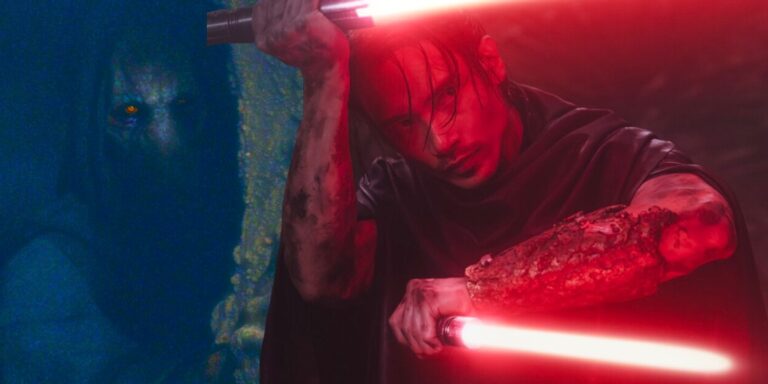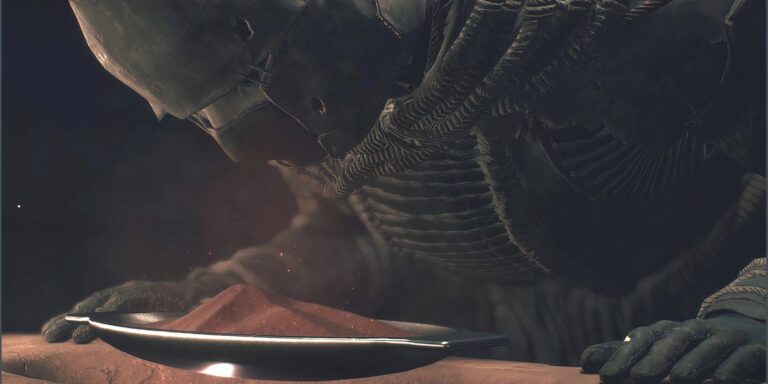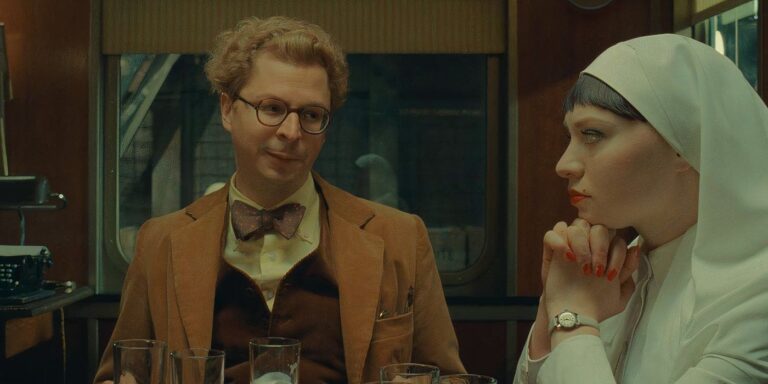Train to Busan and its animated prequel revolutionized the zombie movie genre, but the sequel missed the mark and didn’t live up to its predecessors. The 2016 original film hails from South Korea and was a shot in the arm of the sagging zombie film craze. By the latter half of the 2010s, zombies had been thoroughly played-out thanks to franchises like The Walking Dead, but Train to Busan still had something new to say. Combining fast-moving zombies with a gripping and dramatic plot involving human survivors, Train to Busan combined the best elements of previous zombie media.
The movie was an instant international sensation, and was joined the same year by an animated prequel called Seoul Station. It took several years for a sequel to arrive, but Train to Busan Presents: Peninsula eventually debuted in 2020. The sequel sought to expand the scope of the original, and added elements of a heist story to blend action and zombie terror into one project. Unfortunately, Peninsula got middling reviews and was generally seen as an inferior follow-up to the 2016 original. In fact, Peninsula even paled in comparison to Seoul Station.
Related
All 3 Train To Busan Movies Ranked
The Train to Busan trilogy has quickly become new zombie film royalty, but they still stack up to one another quite definitively in terms of quality.
What Went Wrong With Train To Busan’s Sequel
Peninsula Suffers Because It Tries To Be Too Different
The best zombie films aren’t really about zombies, but how humans react to their situation.
When Yeon Sang-ho returned to helm Peninsula, it was assumed that the sequel would stay true to the vision of the original. However, the celebrated filmmaker went in an entirely different direction, which isn’t necessarily a bad thing. Sequels often feel stale because they end up being copies, but some sequels are just too different from their predecessors. Peninsula abandoned all the best elements of Train to Busan in favor of an action-packed story that almost completely lost the emotional impact of Train to Busan. The best zombie films aren’t really about zombies, but how humans react to their situation.
Train to Busan understood that perfectly, and Seok-woo’s relationship with his daughter is the actual crux of the story. His quest to protect Su-an isn’t just about saving her, but about proving he’s a loving father despite his workaholic attitude. He regrets all the moments he missed, and it takes a brush with the undead for him to come to his senses. Peninsula may have a more motivated action-oriented plot, but the characters aren’t nearly as rich as in Train to Busan. The zombies might have been a storytelling tool in Train, but they’re even less important in Peninsula.
On top of that, the sequel also exposed some of the weaker moments of its predecessor by relying too much on CGI. Train to Busan is an excellent and ambitious zombie movie, but its computer-generated effects are spotty at best compared to other films. That doesn’t matter though, because any technical inadequacies are supplemented by amazing storytelling. Peninsula has no such story safety valve, and its CGI is distracting and sub-par even when compared to Train to Busan.
Peninsula was a box office success, grossing over $40 million (via Box Office Mojo).
Seoul Station Is Different To Train To Busan, But A Fantastic Prequel
The Animated Prequel Stands On Its Own As A Zombie Movie
Seoul Station was released in the same year as Train to Busan, and it is a worthy prequel with an equally emotional plot. Set at the very beginning of the zombie outbreak, Seoul Station allows the horror storyline to play out in the background as the dramatic tale of its three main characters takes center stage. It explores the idea of disposable people, and how society is willing to ignore those who need the most help. It doesn’t get bogged down in the origins of the zombie virus, and offers just enough clues to remain intriguing on two fronts.
Unfortunately, Seoul Station‘s animation made it inaccessible to many Western viewers who don’t often consume adult animated content. However, if the prequel was live-action, there’s little doubt that it would hold a place among the other zombie movie greats. Seoul Station is an airtight drama first, but the zombie storyline is fleshed out enough to add a touch of horror to its social commentary.
Future Train To Busan Movies Should Learn From Seoul Station
Another Sequel Is In Development But It Needs To Learn The Right Lessons
Hopefully, the fourth Train to Busan movie takes lessons from Seoul Station and not Peninsula. Though it will undoubtedly be different from the original, it still needs to have a compelling human plot first and foremost. The next movie shouldn’t be animated, but it should aim to limit its scope. Peninsula was far too big, and its plot overreached without anything interesting to fall back on. Both Train to Busan and Seoul Station were smaller in scale, and that’s what helps to keep it scary and dramatic simultaneously.
The Train to Busan films include:
|
Movie |
Release Year |
Rotten Tomatoes Score |
|---|---|---|
|
Train to Busan |
2016 |
95% |
|
Seoul Station |
2016 |
100% |
|
Train to Busan Presents: Peninsula |
2020 |
55% |
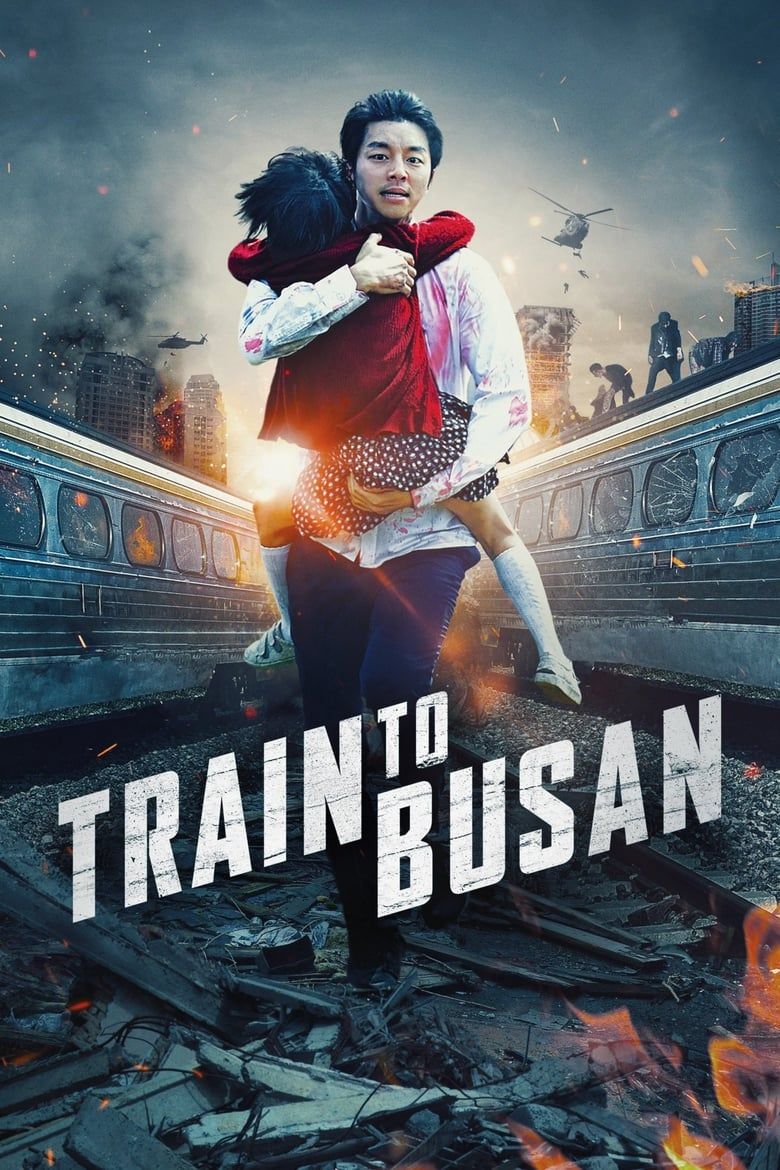
Train to Busan
- Release Date
-
July 20, 2016
- Runtime
-
118 minutes
- Director
-
Yeon Sang-ho
